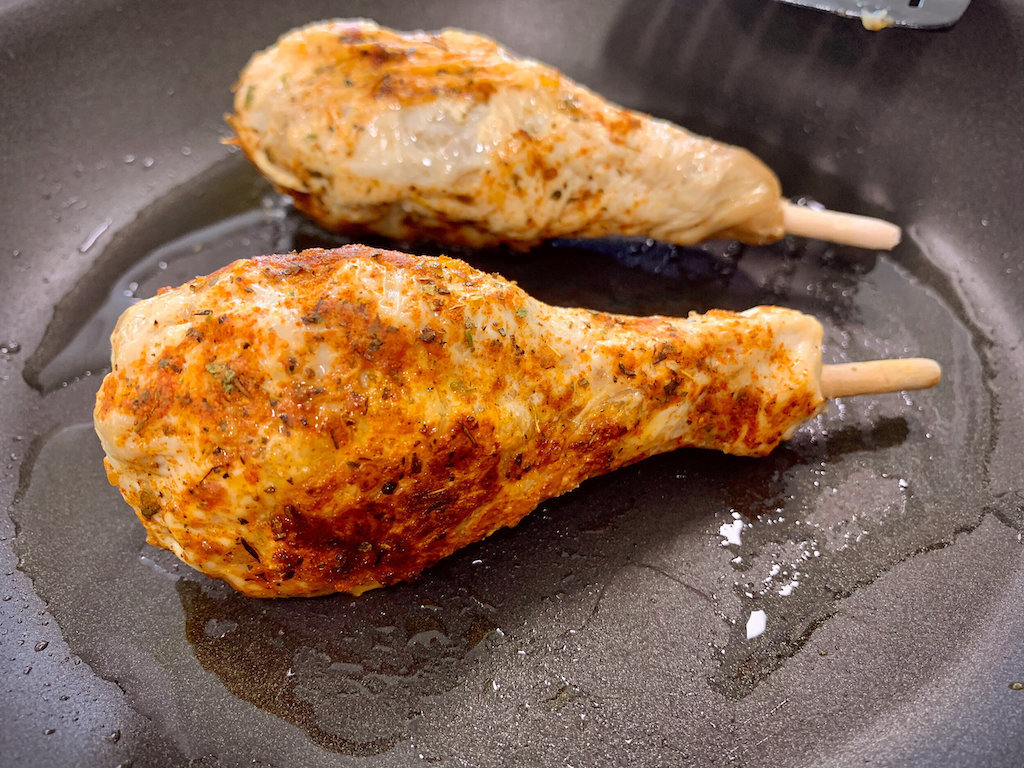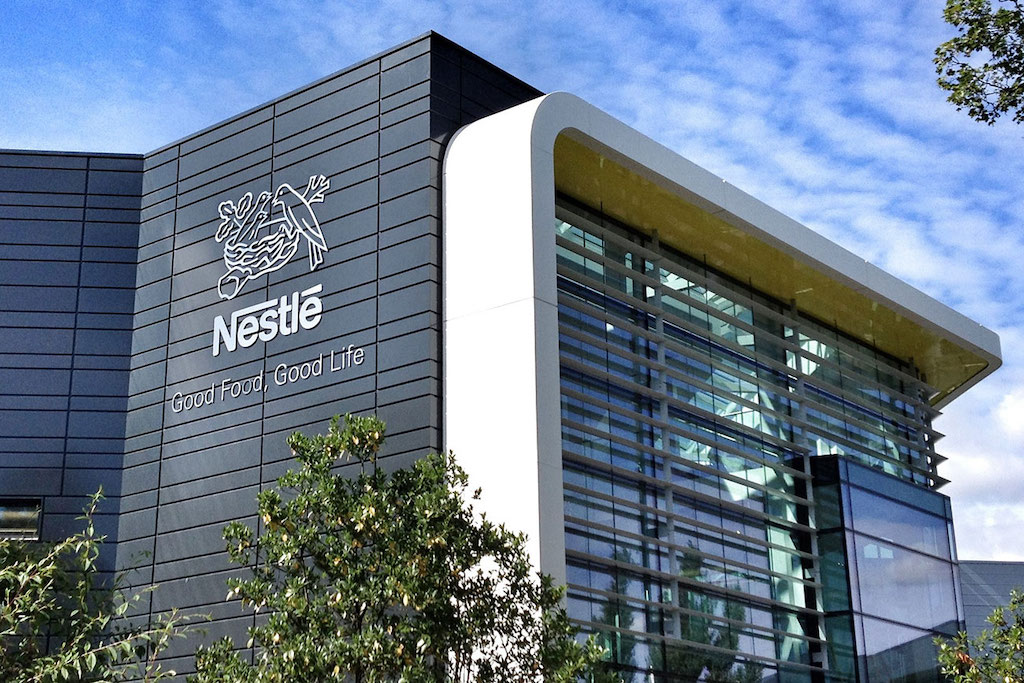3 Mins Read
Global conglomerate Nestlé has made another step towards increasing its plant-based portfolio with a new partnership with Netherlands-based Corbion. The two will work to develop microalgae-based ingredients that can be added to animal-free foods to improve nutrition, taste, and sustainability for new products.
Microalgae have been shown to offer significant health benefits to vegan food products. A clean source of protein, fat, and nutrients, they tread lightly on the planet during manufacturing, thanks to fermentation technology. Nestlé and Corbion will develop microalgae products with lower carbon, water, and land footprints than other more conventional ingredients.

Adding to plant-based foods
The ultimate aim of the new partnership is to create a range of microalgae ingredients that can be used internally and commercially. “We are actively exploring the use of microalgae as an alternative protein and micronutrient source for exciting plant-based products,” Stefan Palzer, CRO for Nestlé said in a statement. “Through the partnership with Corbion, we will be able to use great-tasting, nutritious microalgae-based ingredients to innovate across our different product categories.”
Nestlé currently enjoys market presence across a range of plant-based areas, including beverages, meat alternatives, and ready meals. All are expected to benefit from microalgae developments as they progress. It is not yet known what form the microalgae will take, though protein-rich flour is a known and widely used application.
“We are excited to partner with Nestlé to develop the next generation of algae-based ingredients,” Marc den Hartog, executive vice president of innovation platforms at Corbion, said in a statement. “Corbion has already demonstrated the value of algae in several high-value food and feed applications. This new protein partnership with Nestlé has the potential to open important avenues for algae-based products into large global markets.”
A market leader in the supply of lactic acid and associated derivatives, Corbion expanded its reach to include microalgae with the acquisition of Terravia, formerly Solazyme, in 2017.

Nestlé’s plant-based revolution
Last month, Nestlé shared its 2021 earnings report with global revenues reached $94 billion and plant-based foods being heralded as one of the bigger growth categories, with sales around $860 million driven by products like Vuna and the Awesome Burger.
The company has credited a commitment to sustainability for its continued growth within the plant-based sector. Having committed $1.2 billion to regenerative agriculture, the company, once plagued by links to child labour, has revealed an intention to pay a premium for raw materials, moving forward.
Investment into other vegan brands has further tightened Nestlé’s grasp. In November last year, it backed California’s Sundial Foods, a startup known for its ultra-realistic chicken wing analogues. Nestlé contributed to a $4 million seed round that was completed to bring products to the U.S. market by spring this year.
Big names heading plant-based
Alongside Nestlé embracing plant foods, Unilever recently published findings from in-house research that confirms a plant-based diet is best for people and the planet.
The reveal came as a shock to many, owing to Unilever’s size and extensive portfolio of non-plant-based brands. It has made moves into the sector, with the acquisition of The Vegetarian Butcher and increased vegan options from existing brands, including Magnum. The latest report takes things a step further and highlights the importance of moving away from animal-sourced ingredients, for climate change reversal and personal health.
Lead photo by Nestlé.





